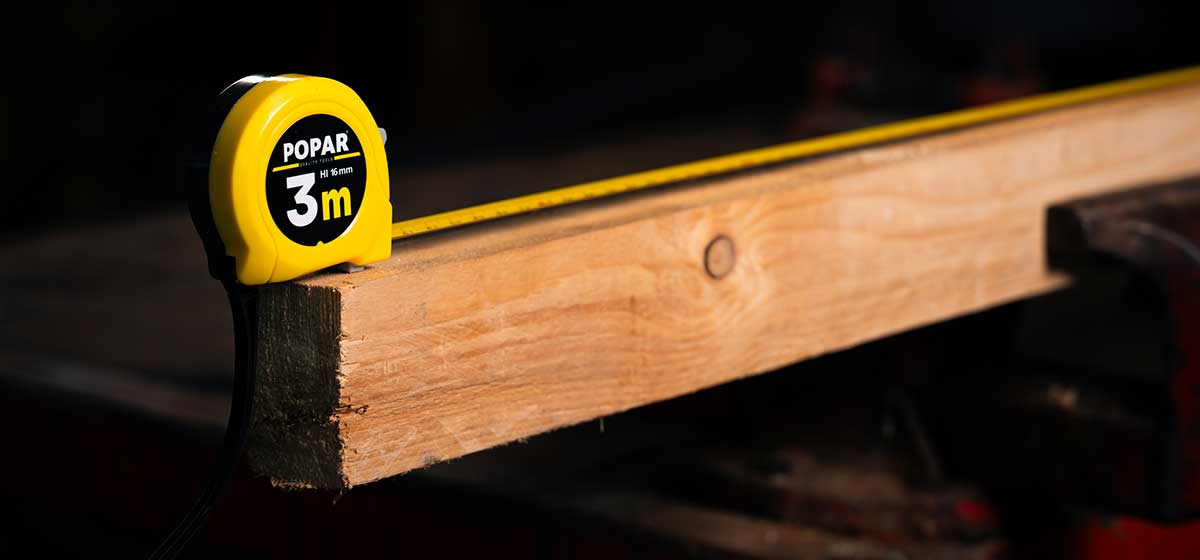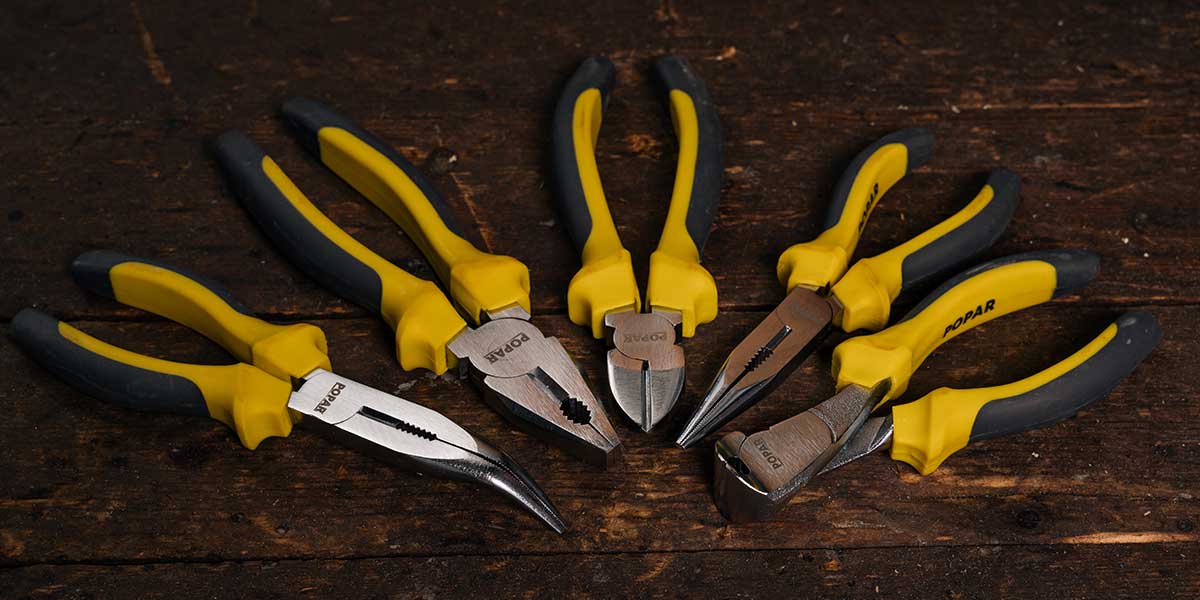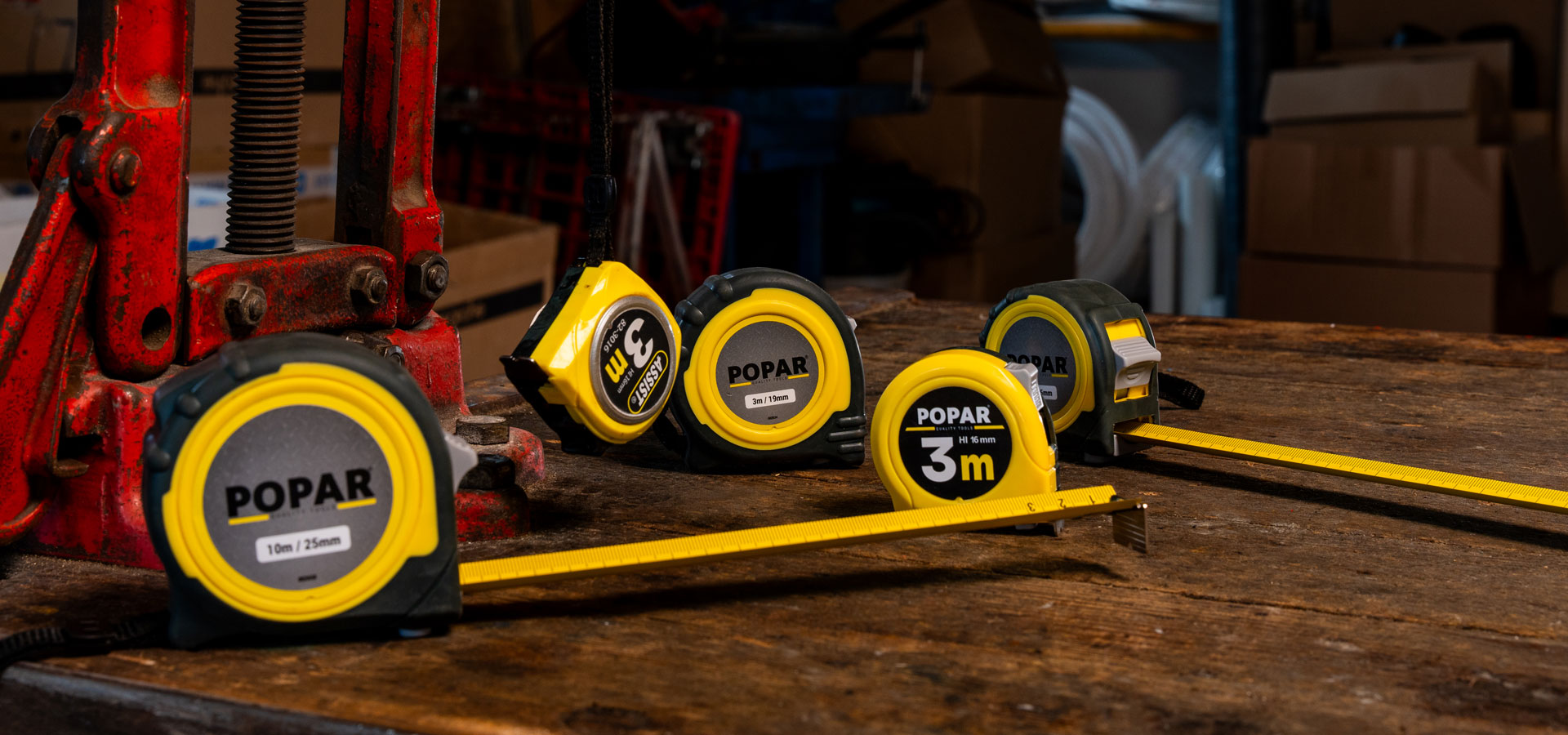Precision and tolerances in hand tools: Why millimeters matter

Precision and tolerances in hand tools: Why millimeters matter
Precision is critical for hand tools, especially in high-stakes environments like mechanical work, construction, and electrical installations, where even a small deviation can lead to inefficiency, damage, or accidents. Tools like POPAR wrenches, pliers, and screwdrivers must meet strict manufacturing tolerances to ensure optimal performance.
Understanding manufacturing tolerances
When designing hand tools, manufacturers must ensure that every tool fits within a specified tolerance range, ensuring consistent performance. A tolerance is a permissible variation in the size or shape of the tool. Even the slightest deviation from the standard tolerance can lead to failure during use, which is why precise measurements are essential in hand tools.
• Wrenches and pliers: The effectiveness of tools like POPAR wrenches or pliers depends on the exact size and shape of the jaws or gripping surfaces. A small deviation can cause the tool to slip or fail to engage with fasteners. Tools with high manufacturing tolerances are critical for tasks that require secure grip and leverage, such as tightening bolts or working with delicate parts.
• Screwdrivers: Similarly, the precision of the screwdriver blade is crucial for securely fitting into screw heads. Too much play or too little tolerance can strip the screw, damage the tool, or lead to a poor result. The handle’s ergonomic design, along with the precise fit of the blade, ensures a firm grip, reducing fatigue and improving control.

Impact of poor tolerances
Even the best hand tools, if not manufactured with precise tolerances, can lead to issues such as:
• Imprecise fit: A wrench that doesn't fit snugly on a bolt can cause the tool to slip, damaging both the fastener and the tool itself.
• Inefficiency: Poor tolerances lead to tools that don’t perform optimally, causing frustration and requiring more effort to complete tasks.
• Increased wear: Tools with poor tolerances wear down faster, reducing their lifespan and effectiveness.
Role of CNC machining and laser calibration in hand tool production
CNC (Computer Numerical Control) machining and laser calibration are technologies that enable precise shaping and sizing of hand tools. By using automated machines, manufacturers can achieve consistently high precision, reducing human error and ensuring that each tool meets strict tolerances.
These processes, used by our producers, ensure that POPAR hand tools delivers optimal performance, giving professionals the accuracy they need for detailed work.
